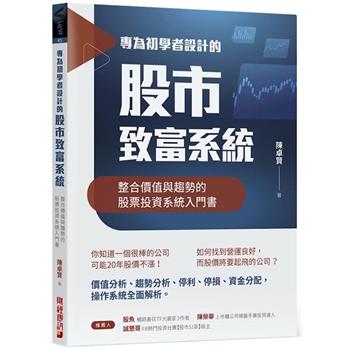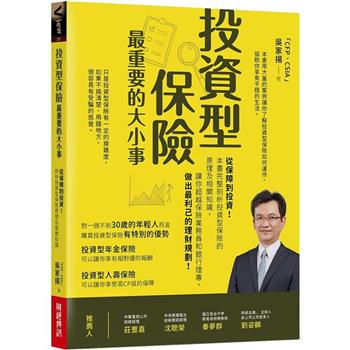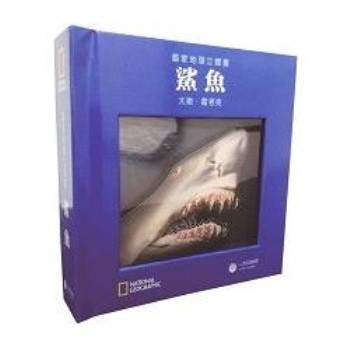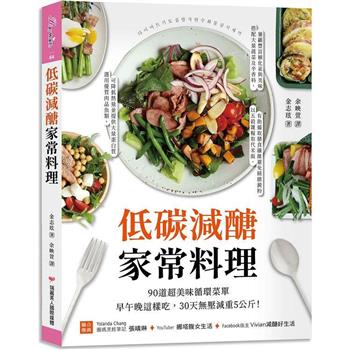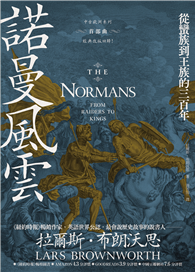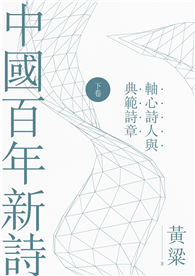This book provides comprehensive insights into various aspects of organic foods, including their production processes, certification procedures, regulatory frameworks, global market dynamics, and consumer preferences and acceptance.
| FindBook |
有 1 項符合
Organic Food Production: Innovation and Sustainable Practice的圖書 |
 |
Organic Food Production: Innovation and Sustainable Practice 出版社:CRC Press 出版日期:2024-12-16 語言:英文 規格:精裝 / 272頁 / 普通級/ 初版 |
| 圖書館借閱 |
| 國家圖書館 | 全國圖書書目資訊網 | 國立公共資訊圖書館 | 電子書服務平台 | MetaCat 跨館整合查詢 |
| 臺北市立圖書館 | 新北市立圖書館 | 基隆市公共圖書館 | 桃園市立圖書館 | 新竹縣公共圖書館 |
| 苗栗縣立圖書館 | 臺中市立圖書館 | 彰化縣公共圖書館 | 南投縣文化局 | 雲林縣公共圖書館 |
| 嘉義縣圖書館 | 臺南市立圖書館 | 高雄市立圖書館 | 屏東縣公共圖書館 | 宜蘭縣公共圖書館 |
| 花蓮縣文化局 | 臺東縣文化處 |
|
|
內容簡介
作者簡介
José Manuel Lorenzo is Head of Research at the Meat Technology Centre of Galicia (CTC), Ourense, Spain and Associate Professor at the University of Vigo. He has a degree in Food Science and Technology from the University of Vigo (1995-2000). In 2005-2006 from October to March, he completed his training with a predoctoral stay at the Stazione Sperimentale per L´Industria delle Conserve Alimentaria (Parma, Italy). He obtained his Ph.D. in Food Science and Technology (University of Vigo) in 2006. He has started his scientific career in the Department of Food Science and Technology at the University of Vigo, first as a researcher scholarship, then, since April 2006, as an academic researcher. In 2007 joined the CTC staff, developing since then an intense collaboration with the industrial sector, private companies, and research institutions as PI of several projects of R&D and innovation in the Food Science area, with an emphasis on Healthier and Functional Foods development. His desire to be continuously trained has led him to make two international stays for two months each at the University de São Paulo (Brazil) and the University of Bari (Italia) in 2016 and 2018, respectively. These stays allowed him to strengthen international relations for future collaborations in calls for European and International projects, as well as the cooperation in training programs for research and technical personnel.
Nowadays, he leads a multidisciplinary team of researchers and technicians at CTC. His main research lines are (i) Reduction of additives in meat products; (ii) Development of new healthier meat products; (iii) Use of agri-food industries by-products as potential sources to obtain valuable and bioactive compounds; (iv) Use of emerging and green technologies (supercritical fluid extraction and pulsed electric fields) for the recovery of biologically active compounds from several plant matrices and by-products; (v) Incorporation of bioactive compounds and development of functional foods; and (vi) Use of active packaging to protect foods against oxidative degradation.
Birsen Yılmaz works as Associate Professor with Cukurova University/Türkiye. She completed BSc (2013), MSc (2017) & PhD (2021) in the Department of Nutrition and Dietetics at Gazi University, Ankara. She has been working with national and international study groups since the beginning of her career, which has provided her with a wide network as well as great opportunities to learn and improve her skills. Her main motivation is to do science and keep learning.
Her contributions so far have been related to various fields, but mostly associated with food chemistry (especially fermented foods), food science & human nutrition, organic foods, malnutrition, body composition and energy expenditure. She has many papers that have been published in mostly Q1 and Q2 journals. She has also respectable experience as a reviewer and editorial board member in national and international prestigious journals. Along with being an editorial board member, she is a reviewer in many international journals. Her research interests span a wide range of topics, with recent focus on sustainability diets, fermented foods, and the impact of different diet models on body composition and energy expenditure.
Artificial Intelligence for Cardiovascular Disease: Advances in Treatment
Advancements in Machining Processes Through Hybrid and Sequential Approaches
Reconfigurable RF and Microwave Technologies: Materials, Techniques, and Integration
AI and Me: The human guide to living with AI in everyday life
Learning the Art of Electronics: A Hands-On Lab Course
Global Strength of Ships: Analysis and Design Using Mathematical Methods
Green by Design: Harnessing the power of bio-based polymers at interfaces
Introduction to Ray, Wave, and Beam Optics with Applications
Industry 5.0: Design, Standards, Techniques and Applications for Manufacturing
|
